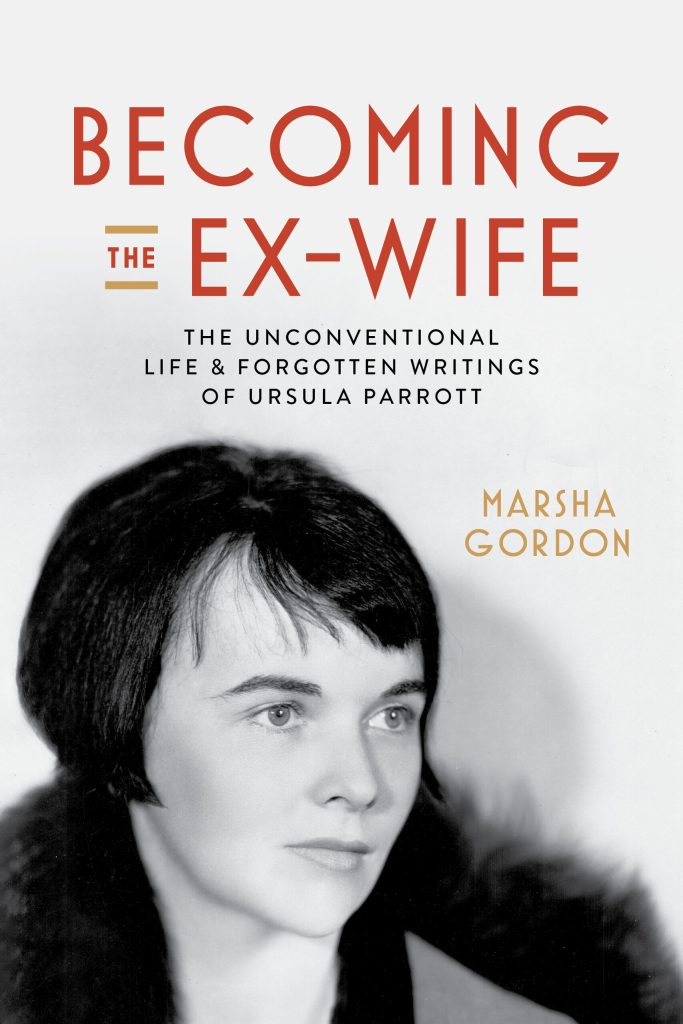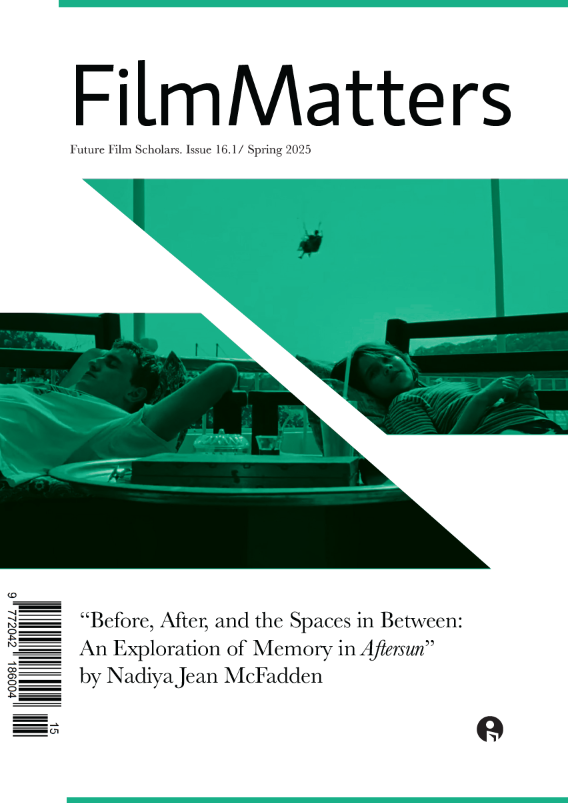
The world has never known what to do with Urusla Parrott, except for writer Marsha Gordon. In Gordon’s book, titled Becoming the Ex-Wife: The Unconventional Life and Forgotten Writings of Ursula Parrott, she gives readers a view of Ursula Parrott’s life through her writing. Born in 1899, Parrott lived the “ideal” life for a woman in the early nineteenth century. She went to the best schools, married a successful man, and had a baby. For a moment, Ursula Parrott had it all. Then, her marriage began to fall apart. Her husband had an affair, and so did she; these instances caused the couple to get a divorce, leaving Parrott devastated. Throughout the book, Gordon draws connections between how personal events in Parrott’s life became the inspiration for her bestselling books. In reference to Parrott’s first divorce, Gordon wrote “From the ashes of her unhappiness, her first novel was born” (72).
In Becoming the Ex-Wife, it is clear that Parrott was deeply concerned about where women stood in society. This concern stemmed from Parrott’s cultural upbringing. She grew up at a time when gender roles were evolving, and women were gaining freedom in the United States. Evolving roles made it an exciting time to be a woman, yet simultaneously made it difficult to have healthy relationships with men. As I read Ursula Parott’s biography, I was saddened by how women are still forced to deal with similar issues that our ancestors did over one hundred years ago. I’ve noticed, when it comes to navigating dating, many women feel forced to walk a tightrope—the kind that Parrott wrote about in the 1930s. Parrott remarks, “Not only has a wife to be a combined Madonna and Cleopatra, but she has often to be a business woman, sharing a fifty percent economic burden with her man, as well as a fairly good athlete, a perfect listener, and if–she hopes to hold her man, she must also put on a ‘clinging vine’ act. She must never appear too capable or self-sufficient” (9). This phenomenon greatly inspired Parrott’s writing, shaping how she navigated relationships during her lifetime.
Gordon describes Parrott’s work as “collectively offer[ing] an argument about how much women’s lives were changing during the first decades of the twentieth century, and what a bad job men were doing dealing with these changes” (6). Parrott’s approach to her work echoes through the ages and can even be perceived in pop culture. For example, Barbie, directed by Greta Gerwig, showed audiences what happened when Ken started to feel insecure about Barbie’s success: he took over Barbie’s Dreamhouse and literally orchestrated a coup.
In real life, it feels like there is a collective generational curse: whenever women gain some sense of self-authority, the patriarchy roars back. We can see this pattern in American politics, and the never-ending fight for women’s equality.
Marsha Gordon’s writing is so impressive because she contextualizes Ursula Parrott’s work by unpacking the cultural climate in which she lived. She writes in a way that makes Ursula Parrott easy to understand. Becoming the Ex-Wife isn’t just a biography about a writer you’ve never heard about. It provides perspective on topics that are still relevant today.
Author Biography
Camryn Bryant is a fourth-year student at the Georgia Institute of Technology. She is majoring in Literature, Media and Communication and is passionate about writing reviews about films and books.
Book Details
Becoming the Ex-Wife: The Unconventional Life and Forgotten Writings of Ursula Parrott, Marsha Gordon (2023)
Oakland: University of California Press, 312pp., IBSN: 9780520391543 (pbk), $26.95







































